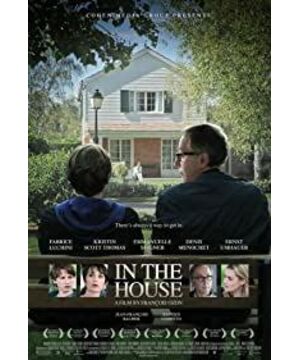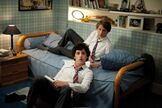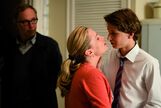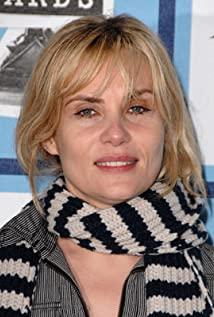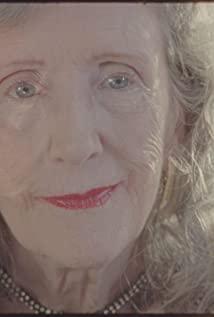In the film, the teacher changes from a Flaubertian of objective description to a Satyrist who interferes with reality, from a Dostoevskyist who sympathizes with the little people to a Wildeist who is art-first and amoral, from Obsession with episodic conflict turns to affirming that students create and even complicit in episodic conflict. In this transformation, the students show the autonomy of externalizing the reality of literature. The ending scene is very meaningful: "They will always need something" - when we tell the story through the other side of the independent side, the real writer uses the story to create the reality. And a story is linked to a story, and the whole reality is not only constituted by intertextuality, but manifested in what Derrida calls a state of "difference."
As a result, literature is no longer the representation of reality or the expression of emotion, it is precisely the creation of reality, a productive, direct, practical force. Of course, this is significantly different from the Marxist theory of practice, which only treats literature as a cold weapon that needs to be manipulated by soldiers, while the movie tells us: sorry, this is a modern high-tech weapon that fires automatically. There is no doubt that the realistic literary concept of literature and reality has been deconstructed, and the film fully embodies a typical postmodernist view.
Of course, despite the ingenious plot of the film, I do not intend to overestimate the intellectual originality of this film, because in the history of literature, within the textual context of literature, Borges, Cortazar, Calvino, Guillermo Martínez, they have already started a related game of thought within literature - literature not only refers to reality, but also creates reality, or more precisely, literature and reality The relationship has long been overturned, and the boundaries have long been blurred.
Of course, the most important thing is that literature is not the mirror of nature, and the writer is not the queen in "Snow White" who repeatedly asks the mirror who is the most beautiful person. That is too conservative. They will choose to pretend to be Prince Charming. When the poisonous apple was poisoned, he put the poisonous apple back into the princess' mouth again with his own hands—well, repeatedly tortured the princess who was on the verge of life and death and the queen who alternated between joys and sorrows.
This is literature.
View more about In the House reviews


